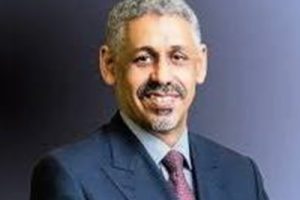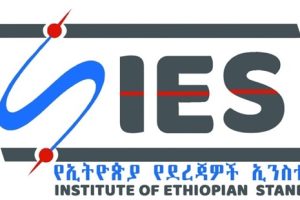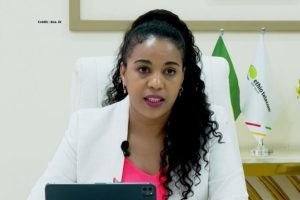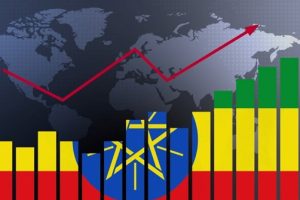
ADDIS ABABA – A regional workshop held in Addis Ababa is shedding light on Africa’s underutilized potential in the development of UNESCO Global Geoparks, with experts calling for greater awareness and investment in geotourism as a sustainable development strategy.
Organized by the Ministry of Tourism (MoT) in collaboration with UNESCO, the four-day workshop (May 12–15) brought together tourism professionals, geoscientists, and policy makers from across East Africa to explore the continent’s rich geological heritage and promote the integration of geoparks into national and regional development agendas.
Tourism Minister Selamawit Kassa underscored that a key obstacle to expanding the presence of UNESCO Global Geoparks in Africa is the lack of awareness among tourism stakeholders and decision-makers.
“Africa is home to extraordinary geological sites, yet only Morocco and Tanzania currently host UNESCO-designated geoparks. This workshop is a vital step in changing that narrative,” she said.
According to the minister, Ethiopia has significant geotourism potential—from the soaring Ras Dashen mountains to the dramatic Danakil Depression. Despite these resources, Africa accounts for just 2 out of the 229 geoparks recognized by UNESCO globally. “We aim to build a better understanding of how geoparks can drive sustainable tourism, support local economies, and preserve geological heritage,” Selamawit added.
Ethiopia, she noted, is already home to 12 tangible and 6 intangible cultural heritages, in addition to 5 biosphere reserves registered with UNESCO. “The smokeless industry—tourism—is being prioritized by the government as a pillar of economic growth, and geotourism is an essential part of that strategy,” she said.
UNESCO Ethiopia Director Rita Bissoonauth(PhD) emphasized that geoparks are more than tourist attractions; they are strategic tools for sustainable development. “Through inclusive partnerships, community engagement, and scientific research, geoparks can foster innovation, job creation, and environmental conservation,” she stated.
Rita also highlighted notable Ethiopian geological and cultural assets, such as the Tiya World Heritage Site, the Butajira-Siltie volcanic corridor, and the Melka Kunture paleoanthropological site, as well as the Meskel festival, which is recognized by UNESCO as intangible cultural heritage.
UNESCO’s Global Geopark Program aims to enhance the visibility and protection of geological heritage while promoting education, research, and sustainable economic activities. By giving local communities a sense of pride and ownership, geoparks contribute to both identity and livelihood.
The workshop includes technical sessions, case studies, and field visits to geologically significant sites in Ethiopia, offering participants a practical framework for developing geopark proposals in their respective countries.
With rising interest from East African nations, the workshop is seen as a springboard for increasing Africa’s footprint in the global geopark network, while promoting regional cooperation in geotourism and conservation.
BY MESERET BEHAILU
THE ETHIOPIAN HERALD TUESDAY 13 MAY 2025





